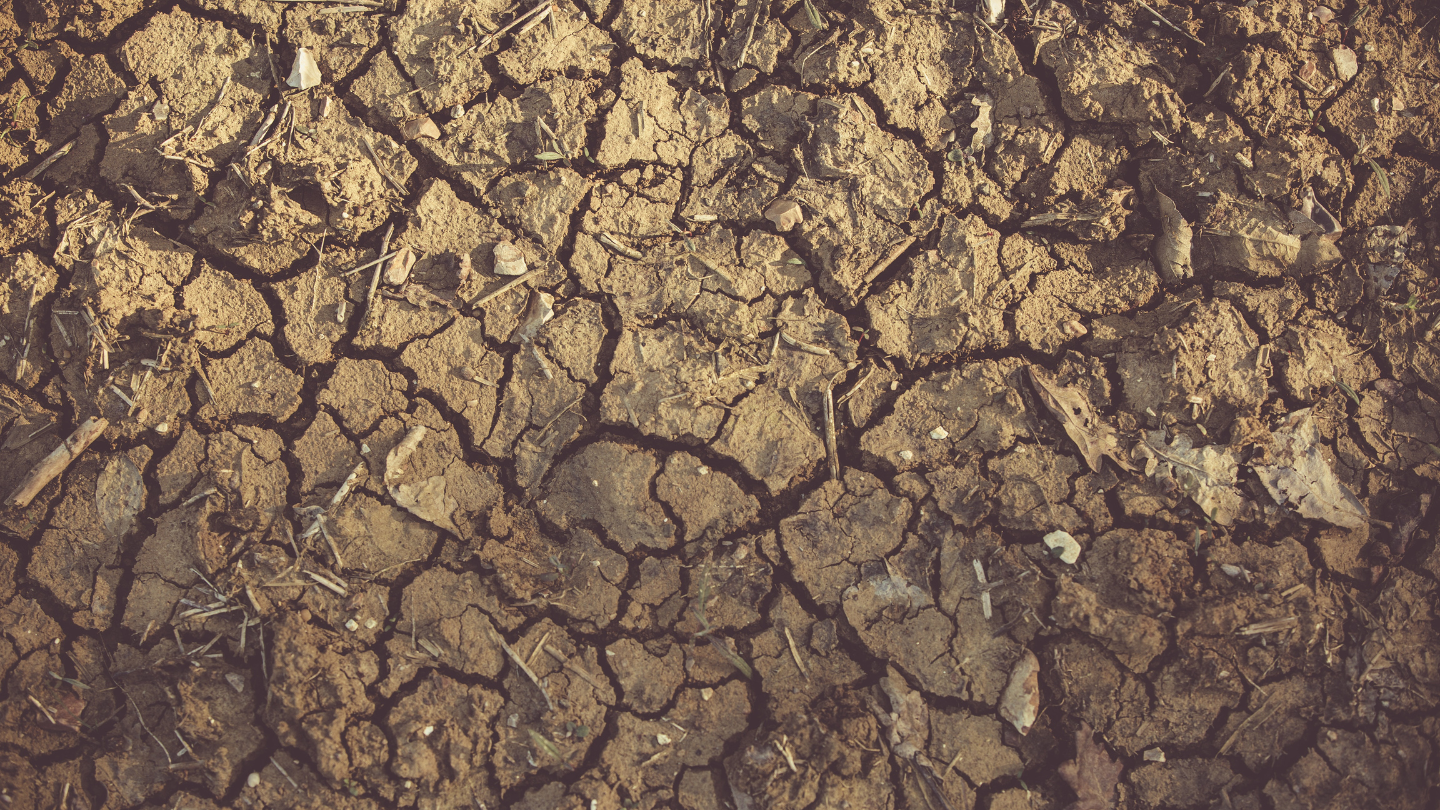Back to the Garden: A 10-Day Devotionalનમૂનો


Test Your Soil
So, now that we've decided on which direction our garden must grow, we must test the soil before planting any seeds. Those good fruits we discussed on Day 2 are the seeds we plant here, but planting those seeds in the right soil is vital.
The ancient customs of gardening involved scattering the seeds over fields and then plowing them into the ground to make sure the seeds are planted deep enough. This prevent birds and other animals from eating the seeds on the surface of the ground.
In Jesus’ parable, the farmer scattered his seeds, but all the seeds did not fall on good soil. Some of the farmer’s seeds fell on a footpath. I'm not sure if you are familiar with the saying, "left by the wayside". If not, people would use this saying to describe something they left on the side of the road or just pushed to the side.
This is where the farmer's seed fell, on the side of a road. When the seeds fell on this path, it left the seeds susceptible to being snatched and eaten by wildlife. Having a hardened heart or even bitterness can result in this type of outcome. If the seeds of God’s word fall to the wayside, it leaves us susceptible to the enemy snatching what we heard away because God’s word never took root in our lives.
Going back to the parable, some of the farmer’s seeds fell on shallow soil with rocks in it. These seeds produced crops, but they did not last very long. When a plant doesn’t have deep enough roots, it is more likely to die quickly.
My boyfriend’s grandparents used to frequently go to this campground in Maryland called Indian Acres. One summer, my boyfriend and I went to visit them, and there was a tree in front of where they would park their traveling trailer that had been uprooted due to a storm. This tree had many roots, but you could tell it was planted on very uneven ground which I believe resulted in the tree falling over when the storm came.
When we receive God’s word with joy, but His word doesn’t have deep roots in our lives, we tumble over and even spiritually die when the storms come. This is what planting seeds in shallow, rocky soil looks like.
The third type of soil the farmer’s seeds fell on had thorns in it. Thorns are a type of weed that can grow in a garden. Yes, thorns can be used for a plant's benefit by warding off predators, but we are talking about unnecessary thorns in this case. When seeds are growing in the same place as weeds, the weeds get in the way of the plant's growth.In this same instance, when we hear God's word, but allow the problems and issues of this world to get in the way, we let those "thorns" distract us from spiritually growing.
The last type of soil mentioned in this parable is the soil that we should want our lives to exemplify, fertile soil. When our lives are fertile and we are receptive to God’s word, our roots run deep, and we reap a long-lasting harvest.
If you analyze the parable, the soil (our lives) is the only thing that changed throughout, not the seed (the Word of God). This should also be an encouragement to those who sow seeds in people’s lives, some may not respond but there will be some that do. Ultimately, God is in control, and He will be the one who makes the harvest come. I pray that you take the time to test your soil and examine your readiness in receiving God’s word so that you respond to it the right way.
Reflect
- What kind of soil is reflected in your life?
- How has God's Word taken root?
- What steps can you take to make sure that your soil remains fertile?
Scripture
About this Plan

Are you tired of settling for less than what God has for you? Do you want to reap the harvest He intended for your life? In Galatians, Paul makes it clear to us that "a man reaps what he sows". Join me on this 10-day journey to prepare the grounds and make our way... back to the garden.
More
સંબંધિત યોજનાઓ

Let's Talk About...the Content We Create

Freedom From Bitterness

Mastering Our Emotions: Biblical Principles for Emotional Health

One a Day

PASKONG KAY SAYA! What Makes Christmas Really Merry

What Does It Mean to Follow Jesus?

Tongue Talk: Understanding the Power of the Tongue

The Church - Ephesians 4

Intimacy With God
